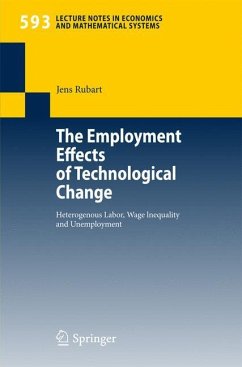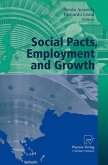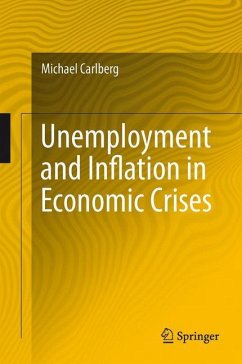The labor markets of important OECD countries show a similar picture: high wages and low unemployment for skilled workers and low wages but high unemployment for low-skilled workers. During the last 10 years this fact has been studied under the hypothesis of "skill-biased technological change" within the context of endogenous growth models. Recent research, however, has shown that the employment and wage differentials vary at business cycle frequencies.This book provides an empirical and theoretical examination of the short- and medium run impacts of technological advances on the employment and wages of workers which differ in their earned educational degree. Furthermore, by introducing labor market frictions and wage setting institutions the author shows the importance of such imperfections in order to replicate empirical facts. Due to the introduction of employment protection mechanisms and minimum wages the analysis accounts for key facts of continental European labor markets.
Bitte wählen Sie Ihr Anliegen aus.
Rechnungen
Retourenschein anfordern
Bestellstatus
Storno








